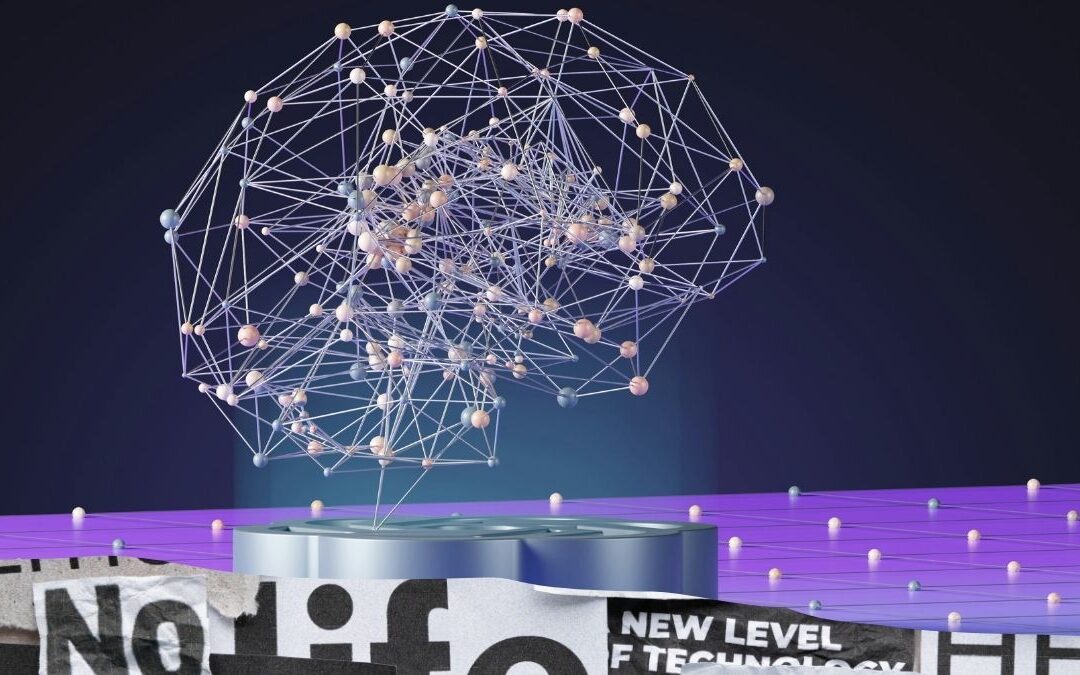
At least one hundred Thai women are currently being held in Georgia by Chinese gang members, in a Handmaid’s Tale-esque limbo. Their passports were confiscated, and a fee has been imposed on their freedom. Like cooped chickens, they are being exploited for their human eggs, fuelling a system of surrogacy enslavement.
I first became aware of their captivity in early February. It was a concept that was so abstract to me, I refused to believe it was true, and if the TikTok I had watched when I opened my eyes that morning wasn’t linked to a Reuters article, I don’t think I would have given it another look. I realise now that it’s bold to assume that women in the 21st century could be treated as anything more than reproductive vessels, and, even more worryingly, that events like these are not rare.
In America today, Adriana Smith, a brain-dead pregnant nurse and mother, is being kept alive because abortion laws won’t allow the hospital to ‘kill’ the clump of cells that would be her baby. In the UK a woman is killed by a man every three days, according to the government. And in Georgia today, Thai women, under the false pretence that they will be working as legitimate surrogates, are being lured into an egg harvesting scheme which they cannot escape.
The United Nations defines human trafficking as ‘the recruitment, transportation, transfer, harbouring, or receipt of individuals. This is achieved through exploitative means.’
I choose not to mince my words when I say that these women have been trafficked. One woman, who goes by the alias ‘Ms Nan’, said that she was flown to Georgia by the ‘agency’, which she later discovered was a Chinese gang. Upon her arrival, she was given 500 dollars to prove to border control that she was a tourist. The other women who were on the flight with her, and who would later share a room with her, were taken to the hospital the day after their arrival to be injected with hormones, because they were menstruating. Ms Nan was staying in one of the four houses the women were kept in, and said that on her first day at the house, she met a woman who was sobbing because she was told she couldn’t sell her eggs or carry as a surrogate for seven months. This was because she was injected with hormones so frequently that ‘her body couldn’t take it anymore.’ As a result, the gang told her she would not be paid.
Ms Nan says ‘the most shocking part’ is that their passports were confiscated.
Commercial surrogacy is illegal in Thailand, but not in Georgia, so Thai women can be brought there to participate in the procedure legally.
Selina Wilkinson, Group Donation Lead of one of the UK’s leading fertility clinics, ‘Care Fertility’, describes the case in Georgia as ‘concerning’. She says that the restriction for the number of times a woman can undergo egg retrieval in the UK is six, and that “If they are doing multiple monthly egg collections, then that is a real concern about the damage they are causing that lady.”
Selina also says that at ‘Care Fertility’, the egg retrieval procedure will not be carried out unless there is somebody accompanying the patient to the appointment, and unless intensive genetic screening is carried out.
On the fifth day of her stay, Ms Nan decided she wanted to leave. When she told one of the men from the gang, he refused to let her go. The gang demanded that Ms Nan pay them B50,000 (£1,135) if she wanted to go home. Once her family had transferred the payment, the gang asked for a second amount of 20,000 Baht (£450), and after she had paid them, they still refused to let her go. When the men threatened to confiscate her mobile phone, Ms Nan told them that if they took it, she would jump off a building. She said she would tell her family to report them if they didn’t let her leave, and as a result, she was released from Georgia.
The scheme is still being advertised through Facebook, and promises that contracts will be signed by both the women and intended parents, and that the two parties will have the opportunity to meet. Ms Nan says that no legal documents were involved in the process and that she never saw any potential parents walking around the facility during her stay. The advertisement she found also claimed that surrogates would be paid between B40,000 and B60,000 (around £900-£1360), and that they would be well taken care of.
Ms Nan says that throughout her stay none of the women were ever able to make an informed decision about the treatments they received, and ‘no-one explained anything’ to them.
Selina Wilkinson describes the process of egg retrieval as an ‘invasive procedure’. She said: “If they’re not given the right dose, or they’re not monitored properly, then they could have ovarian hyperstimulation, which can be really dangerous.”
She says that the procedure does not affect the women’s fertility, as the eggs would be naturally disposed of during their monthly cycles, but that the concern lies within the number of times an invasive procedure is introduced, as the more frequently the procedure is carried out, the higher the chance of a patient contracting infections like pelvic inflammatory disease.
On the 27th September 2024, Ms Nan reached out to the Pavena Foundation for Children and Women, a charity that advocates for the rights of women who have been exploited or trafficked. She was the first victim to contact the charity, and she asked the foundation to rescue the three women she lived with during her time in Georgia.
Ms Pavena Hongsakul, the founder of the charity, arranged the rescue with Georgian and Thai Interpol. She also facilitated the escape of four more women and was contacted by two others who had managed to escape on their own.
On the 3rd October 2024, Georgian Interpol infiltrated the company after being tipped off by Ms Pavena.
They ordered the gang leaders to give the women their passports back, as this was the only illegal activity they had carried out in the eyes of Georgian law.
I attempted to reach out to both the Thai and Georgian Police for comment, but never received a response.
Ms Pavena said, “We do understand and respect the laws of different countries, we want to raise awareness and ask what is happening to the babies.”
Personally, I want to ask what’s happening to the women still trapped there indefinitely.
Ms Pavena says that it is difficult to communicate with them and that she is unsure whether all of the women want to be rescued or not.
Although Georgia has been debating changing its surrogacy laws for the past five years, clearly not enough is being done to protect women from reproductive exploitation. Yet again we, as women, have been failed monumentally, and I hope the knowledge of the events in Georgia sits like cement in the chests of those who are complicit.





